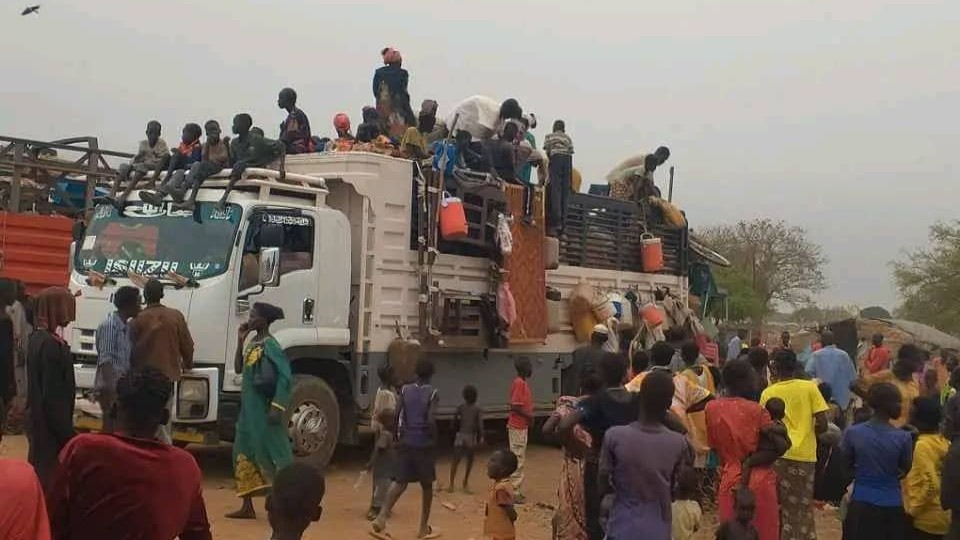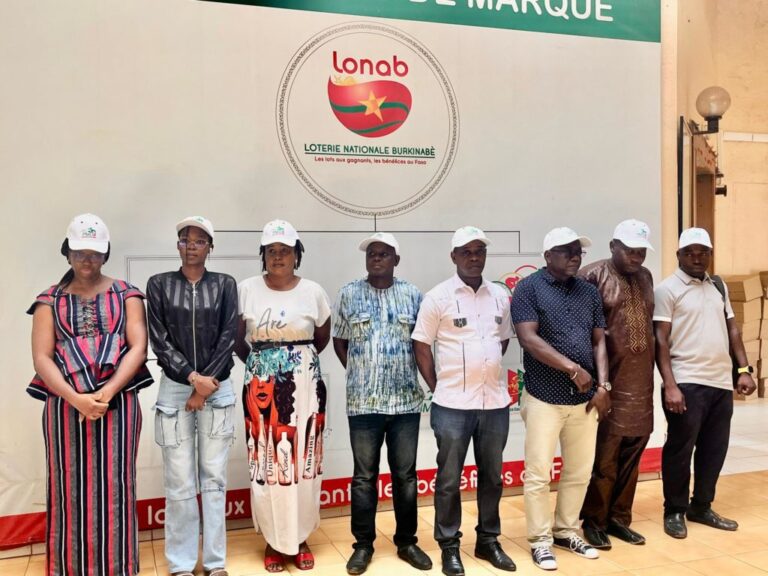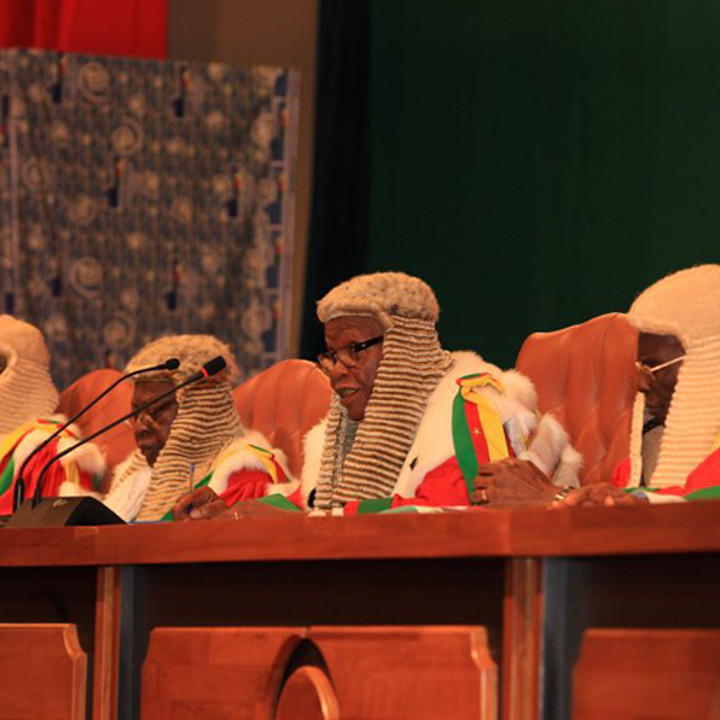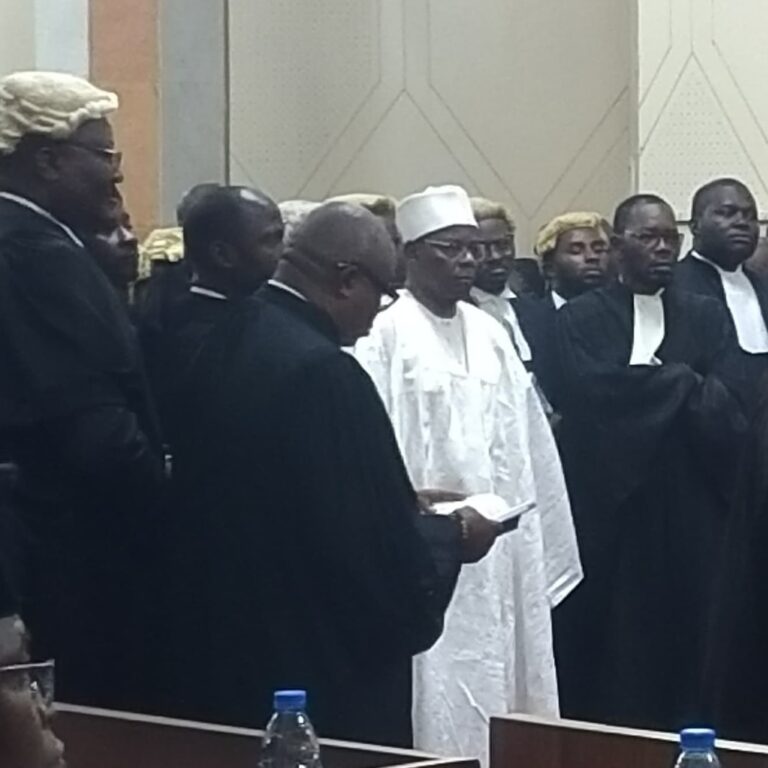
RENK – More than 100 South Sudanese women have been deported from Sudan’s capital, Khartoum, without their children, prompting a local South Sudanese official to impound the buses that transported them until the families are reunited.
The Sudanese government has not yet issued a statement regarding the deportations. The women were reportedly detained on the streets or in their homes in Khartoum, transferred to detention centers, and then taken to the Joda border area, which connects to South Sudan’s Upper Nile state.
Nyakuc Akol, one of the deported women, claimed in an interview with Sudans Post in the border town of Joda in Renk County of Upper Nile State that police kicked open the gate to her home in Khartoum.
“And they start asking who is the owner of this house, I told I am here – they then ask me to stand at the gate. I stood where they asked me and I ask them what is going? They said, they are searching,” she said.
“I have three children dead and I am left with two and they did not allow me to take them. One is three years and another one is nine years. I came empty handed only this sari I am wearing,” Akol said, adding that police falsely told her she was being taken to process an ID card.
She said Sudanese authorities had issued a directive that no South Sudanese would be allowed to stay without proper documentation.
“We slept in detention, in the morning – they brought cars we ask them where are we going? They said South Sudan and when we ask about our children – they told us that is none of your business,” Akol added.
Another woman, Lucia Kur, said she was arrested, held in detention, and deported without her nine children.
“They hauled us out and took us to busses; I screamed and told them I had nine children; their father and family members had died, and those children were solely my duty. They told these children it’s not their business,” she said.
Rosa Alier said she was arrested while on her way to a market in Khartoum North.
A Sudanese delegate accompanying the group, Lieutenant Hassan Salah Balal, said his mission was to deliver the deportees to the Joda border post as directed by Sudan’s director of alien affairs.
“They were put in the buses, and we arrived here at 7:00 p.m., then I submitted the list with name of people deported some with children and other said they left their children behind,” he said.
“And I was told to wait until morning so that governor will arrive and see these issue – I am planning to take back those women without children – so that to go pick their children and then come back,” Balal added.
Diing Deng Lueth, the commissioner of Renk County, who visited the border on Saturday, described the situation as a violation of humanitarian norms. Lueth said he ordered the buses used in the operation to be impounded until the mothers are reunited with their children.
“We are asking why the Sudanese government deports mothers while leaving children behind, and we have discovered that those youngsters are always moved to another location. What do they intend to do with these children?” he said.
“If Sudan is having a policy of emergency deportation for foreigners – there is a way it is done. Committees can be form specially that we have embassy in Port Sudan, they can work and coordinate together,” Lueth added.
Sudanese officials could not immediately be reached for comment.
South Sudan’s Ministry of Foreign Affairs said in a statement on Monday that Foreign Minister Monday Semaya Kumba had met with Sudanese Ambassador to South Sudan Issam Mohammed Karrar to discuss protections for citizens of both countries, but the statement did not directly address the deportations.
Tens of thousands of South Sudanese remain in Sudan more than a decade after South Sudan gained independence in 2011.
Many face legal uncertainty after becoming foreigners under Sudanese law.










